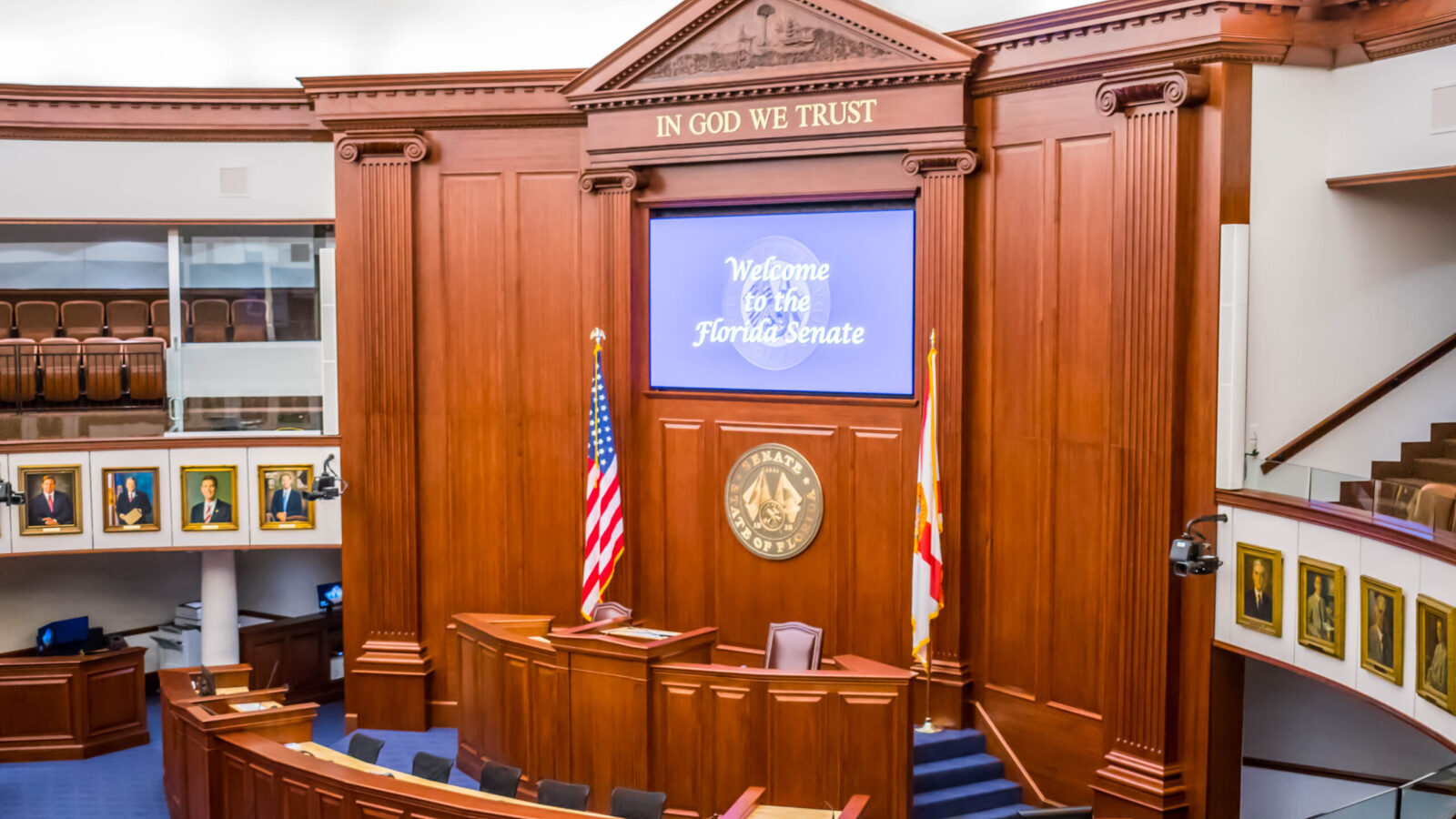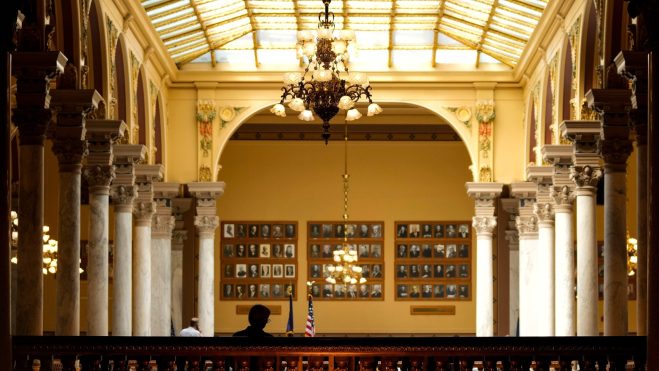Florida Bill To Expand Lobbying Ban Progresses To Senate
Rep. John Snyder’s bill has successfully run a gauntlet of Florida House committees
1 min

A bill sponsored by Florida Rep. John Snyder, which contains language looking to close a loophole regarding the amount of time a former member of the Florida Gaming Control Commission (FGCC) must wait before joining fantasy sports or sports betting companies, has reached the Senate.
HB 1467 passed the lower chamber Friday by a 70-34 vote after Snyder added three amendments to his bill. Snyder’s bill would also regulate daily fantasy sports in the Sunshine State, which has been a gray gaming area with few clear-cut definitions. About the only certainty with regard to sports and wagering in Florida is Hard Rock offering mobile sports betting via its compact with the state.
Snyder’s bill was approved by the Industries & Professional Activities Subcommittee, Budget Committee, and Commerce Committee before going to the full lower chamber for a vote. The companion bill in the Senate, SB 1404, is currently on first reading in both the Regulated Industry committee and the Appropriations Committee on Agriculture, Environment, and General Government.
Key terms of the lobbying ban
Snyder’s bill also calls for a two-year waiting period for commissioners of the five-member FGCC to take a job at any fantasy sports or sports betting company after leaving the post. Former FGCC Executive Director Louis Trombetta, the first person to hold that role, resigned from that position last December and was named a director of government relations with FanDuel later that month.
This type of measure is colloquially known as a “revolving door” law, intended to prevent government officials from lobbying on behalf of private interests before the agency that he or she just left, in the interest of avoiding conflicts, undue influence, and preserving public trust. Similar “revolving door” language via amendment was added to SB 1404 on April 14 by sponsor and Sen. Corey Simon.
Fantasy sports, fully defined
Snyder’s bill lays out the definition of “fantasy sports contest,” calling it:
“a contest in which a participant pays an entry fee and manages a fantasy or simulation sports team composed of athletes from a professional sports organization with the opportunity to win a cash prize. The term includes a simulation sports game.”
It also lists three preconditions for it to be defined as a fantasy sports contest: “Prizes and awards” for winning participants are established and disclosed before entry; winning outcomes reflect “the relative knowledge and skill” of the participant; and winning outcomes are determined “predominantly by accumulated statistical results of the performance of more than one individual.”
Equally important, Snyder’s bill describes what a winning outcome is not based on, including the score, point spread, or performance of a team or combination of teams; the “single performance of an individual in a single event or a pari-mutuel event”; any card game, including poker; the performance of any college, high school, or other youth sport participants; and there are to be no “casino graphics, themes, or titles.”
Both Snyder’s and Simon’s bills call for the FGCC to oversee daily fantasy sports.






